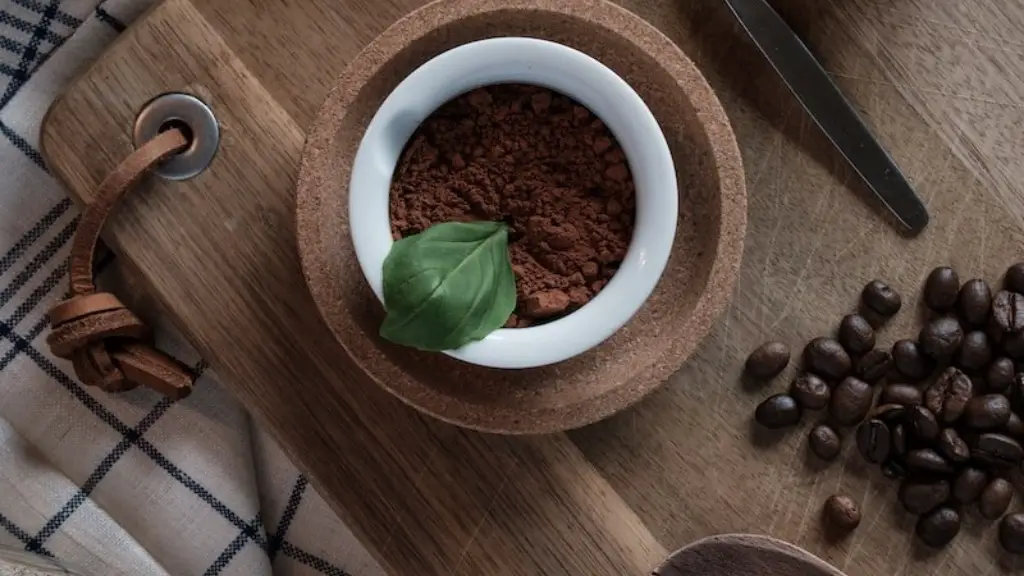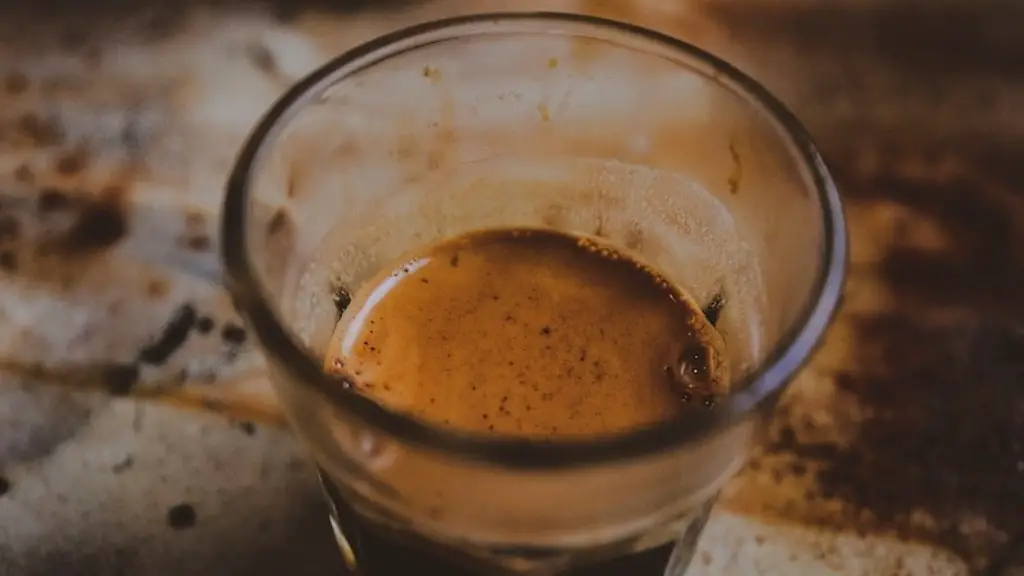We all enjoy sipping on some coffee to kick-start our mornings. But what if you’re on a diet? Can you still indulge in a coffee break without impacting your diet goals? Let’s take a look.
Caffeine is a stimulant that suppresses appetite and boosts metabolism. Though there’s no direct link between drinking coffee and weight loss, coffee can have antioxidant and anti-inflammatory effects if consumed in moderation. It’s important to note that the quality and type of coffee matters here. If you’re trying to lose weight, it’s best to opt for organic, low-calorie coffee and avoid adding excess cream or sugar to it as these can significantly add to your calorie intake.
Experts believe that sipping on coffee can help manage blood sugar hormones like insulin, helping control food cravings and hunger pangs. High-intensity exercise helps maximize fat-burning while drinking coffee can slightly increase the number of calories burned in a workout session. However, this effect will be limited unless you drink coffee before or during a workout.
The key to weight loss is to create a calorie deficit. Depending on how much coffee you drink and what other food choices you make, your diet may be more or less at risk. If you’re someone who needs a daily dose of caffeine, swapping out sugar-laden beverages and snacks with plain coffee can be a great way to minimize extra calorie intake.
If caffeine keeps you wide awake and makes it hard for you to sleep, it can affect your progress. Not getting enough rest can cause the body to generate more hunger hormones like ghrelin that can lead to binge eating and put an end to weight loss. Therefore, it’s important to establish a healthy relationship with coffee and set boundaries for yourself so that your diet isn’t impacted negatively.
Impact of Coffee on Blood Sugar
Sugar levels are affected by what we eat as well as other factors like stress and sleep. Since coffee can directly affect blood sugar levels, it’s important to consider how much coffee you’re consuming and its impact on your sugar level. Regular consumption of coffee can lower sugar cravings in the long run and help you maintain a healthy diet. However, if you’re not used to caffeine, it can lead to fluctuations in the sugar levels that can affect your appetite and food choices.
The American Diabetes Association recommends that coffee should be consumed in moderation and with meals. This will help control the release of sugar into the bloodstream and also reduce the chances of experiencing an energy crash caused due to coffee consumption.
In addition to coffee, it’s important to ensure that you’re eating a balanced, nutritious diet to speed up the weight loss process. Including plenty of fruits and vegetables, lean proteins, and whole grains, as well as exercising regularly can produce results faster than depending on coffee alone.
Eating Habits Affected by Coffee
Although coffee can boost a person’s energy levels, making them more active and giving them a stronger drive to exercise and eat the right foods, it can also have an adverse effect on those who are trying to diet. In some cases, coffee can actually be counterproductive to someone’s dieting goals and have a detrimental effect on their eating habits.
This could be because caffeine is a stimulant that affects one’s energy levels, making them feel more energized and alert. In turn, this could lead to unhealthy eating habits, such as eating much more than their daily requirements or consuming unhealthy snacks. Research has shown that too much caffeine can also be linked to poor food choices, such as sugary foods or junk foods.
Moreover, coffee can also affect one’s sleep patterns and quality of sleep, making them more prone to fatigue during the day. This can lead to an increased intake of caffeine, sugar, processed carbohydrates and fats as a way to keep themselves going, therefore sabotaging their dieting goals.
Dehydration as a Side Effect of Coffee Intake
Dehydration is a very common side effect of consuming coffee, and it can severely impact a person’s body and health. Coffee is a diuretic, meaning it makes one’s body expel water, which results in a decrease in water levels in the body. This can affect one’s nutrient absorption and cause dehydration, as well as headaches, fatigue and other adverse effects.
It should also be noted that excess caffeine intake can also have a laxative effect, leading to bloating, stomach cramps and other gastrointestinal issues. Since water is essential for proper body functioning and digestion, dehydration can cause the body to slow down and make the dieter more prone to overeating or unhealthy snacking.
Tips for Keeping Coffee Intake in Check
If you’re on a diet and looking to enjoy some coffee, there are a few things you can do to keep your coffee intake in check. Moderation is key here, and it’s best to avoid adding too much milk, sugar or other sweeteners to your coffee. You should also try to drink your coffee without milk and cream as much as possible, as this will help you reduce your calorie intake.
It’s also a good idea to make sure you’re getting enough water to drink. Caffeine is a diuretic, so drinking water can help reduce the likelihood of dehydration and other adverse effects of drinking too much coffee. Besides drinking more water, you should also include other healthier drinks in your diet, such as fresh fruit juices, smoothies or herbal teas.
You can also try cutting down your caffeine intake gradually, such as by reducing the amount of coffee you drink each day. This will help you get used to lower levels of caffeine intake and reduce the risk of caffeine related side effects. Lastly, make sure you’re getting enough sleep, as this will help you stay energized and make better food choices.
Is it Good to Drink Coffee While Dieting?
Ultimately, drinking coffee while dieting depends on your caffeine tolerance and your diet goals. If you do decide to enjoy a cup of coffee while dieting, it’s important to monitor how much you’re consuming and how it impacts your overall diet. To keep your caffeine intake healthily in check, it’s best to stick to one cup a day and make sure you’re getting enough sleep and water.
It’s also important to remember that coffee should not be seen as a miracle weight loss solution. While it may help boost your metabolism, it needs to be combined with a healthy diet and regular exercise to maximize the benefits. So, if you have decided to include coffee in your diet, make sure you keep the above tips in mind for healthy weight loss.




